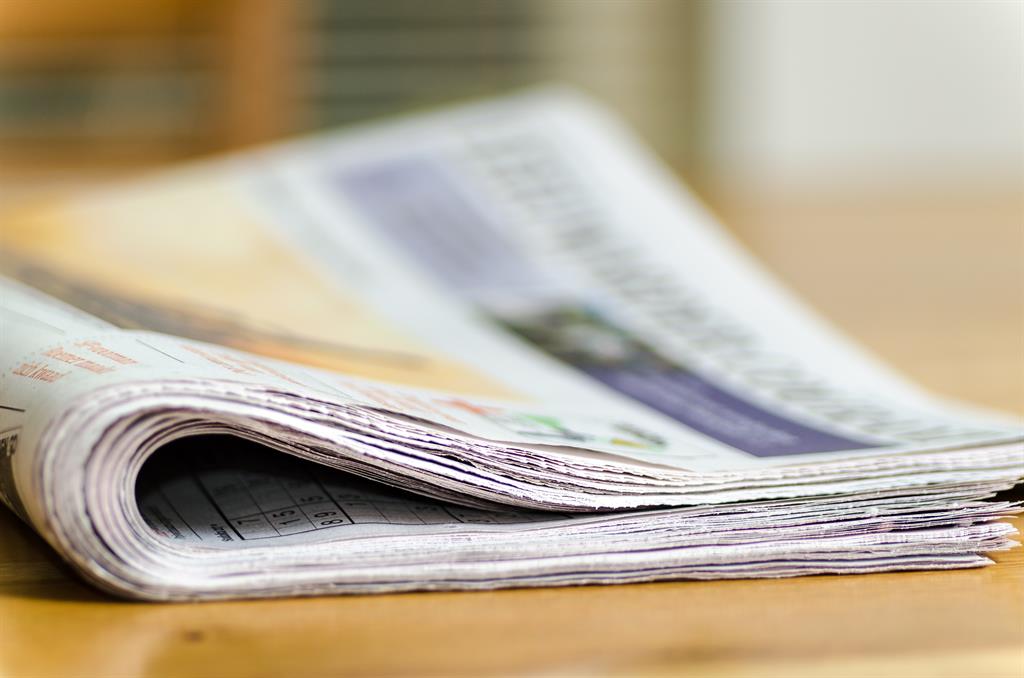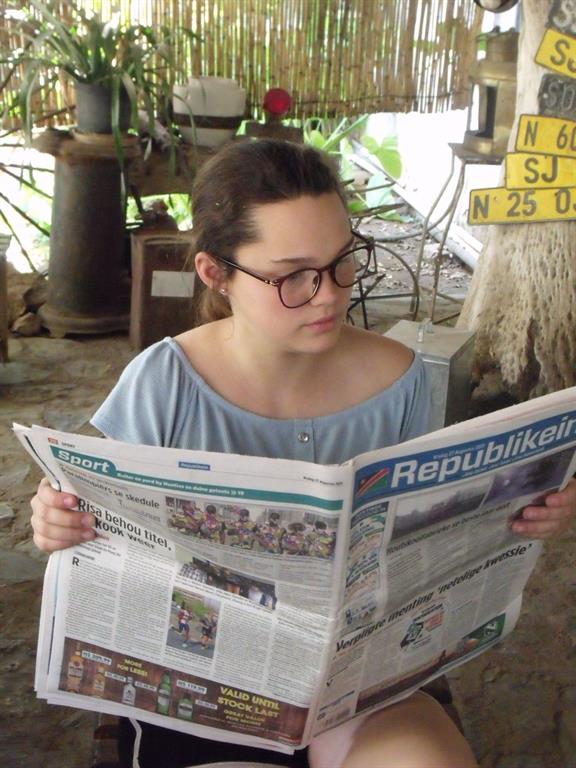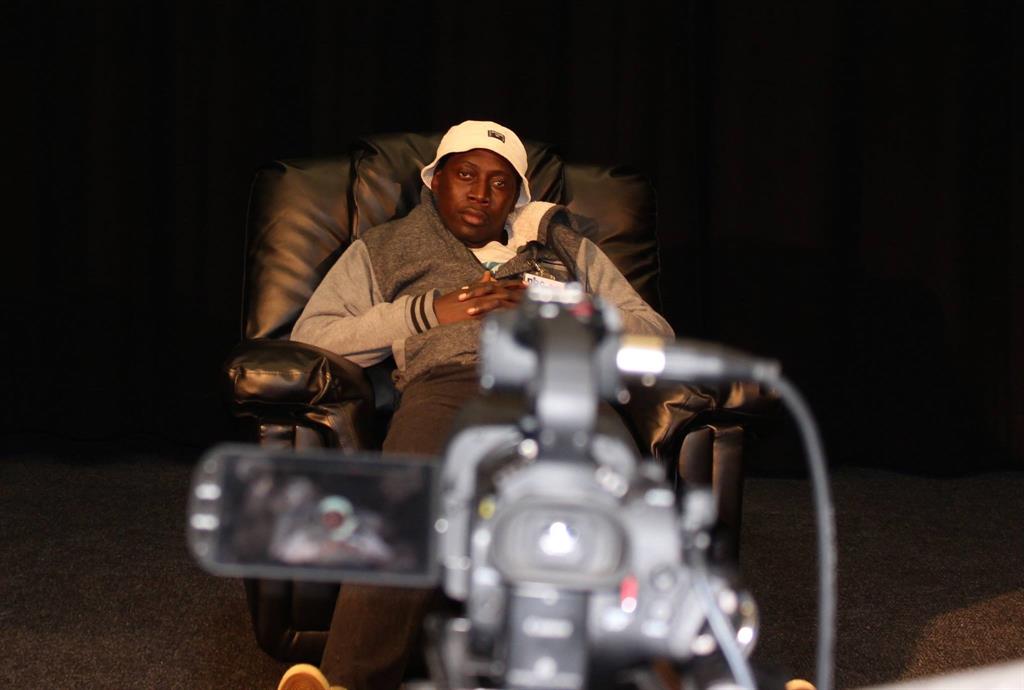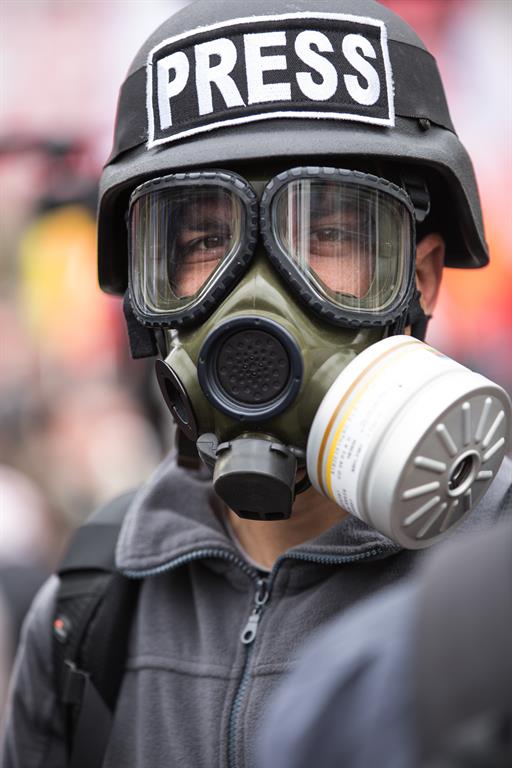Industries united by freedom of press
The impact of censorship and press freedom will have an impact on all spheres of life.
Grace Burmeister-Nel
Throughout the world, every industry has come across the press in one way or another. Whether the experience was by praise, promotion, criticism or warnings. Whether it was a front-page story, a short article or a scandalous event, the press was never far behind. It’s something all industries have in common thus all industries are affected by press freedom.
In the field of medicine, press freedom is a critical factor in the health and treatment of patients, especially during the Covid-19 pandemic and previous epidemics, such as HIV and Aids and cholera outbreaks. We trust the press to raise awareness for our safety and promote treatment in times of crisis and taking the needed steps for precautionary measures.
“Journalistic censorship has had a direct effect on my industry. Withholding information because of its sensitive nature causes fear and distrust in the system and medication. For example, HIV and the sensitive information around it caused slow onset of treatment,” says Melanie Smit, a gynaecologist.
In other industries such as construction, we see the press in the form of promotion and discussion of trends. They are at the forefront of reporting the latest technologies used and new innovative infrastructure advances and breakthroughs that only nudge our nation’s development forward.
In the sport sector, the media play a large role in the influence and promotion of healthy lifestyles. We additionally use the media as a form of celebration of the effort and success of our teams, and keep supporters and spectators updated, for example the broadcasting and reporting of the Tokyo Olympics.
The media and the retail industry also have an ongoing relationship when it comes to reporting the good and bad of this field. Retailers use the media for the advertisement and publicity of their companies and products, and keep consumers updated on the trends of their favourite brands.
In 2018, the media took the responsibility of informing the South African public about the listeriosis outbreak caused by Tiger Brands, which resulted in a large economic decline for the company due to the loss of products. Without the honest information given to public, many more people could have been infected or become seriously ill.
In the education system, the media can be a manner of informing learners on current situations. The media enable teachers to easily communicate concepts to students by using visuals and tutorials. Naomi Le Roux, a teacher at Moria Private School says, “As a teacher, it is important to me that learners stay updated with the news, but sometimes it is scary to know that learners can read or see everything in the media.”
Loutjie Grobler, principal of Private school Moria, adds: “Press freedom helps a lot with the sharing of new information and new creative ways to teach your subject. We as teachers and students have access to a flood of information that is not printed in a textbook. You as a teacher have the opportunity to share your own research and knowledge with others.”
Freedom of the press not only contributes to the systems in our country and society, but it keeps us safe from misinformation. “Without a free press there is much more room for things like corruption. Free press holds government and people in power accountable,” says Tanja Bause, a journalist for the Republikein. In a democratic country the media are an essential tool that not only keeps citizens updated but also assists them in keeping people and the government accountable.
Journalists are also affected by journalistic censorship. Mariselle Stoffberg, a journalist at NMH, says: “Journalistic censorship limits freedom as a journalist, and keeps you from fulfilling your responsibility and duties of a journalist to the best of your ability.”
Namibia is currently ranked the first in Africa and 24th in the world on the Reporters Without Borders index list in 2021 for press freedom and efforts are being made to improve our global ranking. So, whether you read the newspaper every day or not, there is no avoiding or denying the influence free press has, this means we as citizens also have a responsibility to continue fighting for the freedom of our Namibian press.
PHOTO CAPTION:
Students reading the newspaper and staying up to date with current events.
Photo Almari Erasmus
Throughout the world, every industry has come across the press in one way or another. Whether the experience was by praise, promotion, criticism or warnings. Whether it was a front-page story, a short article or a scandalous event, the press was never far behind. It’s something all industries have in common thus all industries are affected by press freedom.
In the field of medicine, press freedom is a critical factor in the health and treatment of patients, especially during the Covid-19 pandemic and previous epidemics, such as HIV and Aids and cholera outbreaks. We trust the press to raise awareness for our safety and promote treatment in times of crisis and taking the needed steps for precautionary measures.
“Journalistic censorship has had a direct effect on my industry. Withholding information because of its sensitive nature causes fear and distrust in the system and medication. For example, HIV and the sensitive information around it caused slow onset of treatment,” says Melanie Smit, a gynaecologist.
In other industries such as construction, we see the press in the form of promotion and discussion of trends. They are at the forefront of reporting the latest technologies used and new innovative infrastructure advances and breakthroughs that only nudge our nation’s development forward.
In the sport sector, the media play a large role in the influence and promotion of healthy lifestyles. We additionally use the media as a form of celebration of the effort and success of our teams, and keep supporters and spectators updated, for example the broadcasting and reporting of the Tokyo Olympics.
The media and the retail industry also have an ongoing relationship when it comes to reporting the good and bad of this field. Retailers use the media for the advertisement and publicity of their companies and products, and keep consumers updated on the trends of their favourite brands.
In 2018, the media took the responsibility of informing the South African public about the listeriosis outbreak caused by Tiger Brands, which resulted in a large economic decline for the company due to the loss of products. Without the honest information given to public, many more people could have been infected or become seriously ill.
In the education system, the media can be a manner of informing learners on current situations. The media enable teachers to easily communicate concepts to students by using visuals and tutorials. Naomi Le Roux, a teacher at Moria Private School says, “As a teacher, it is important to me that learners stay updated with the news, but sometimes it is scary to know that learners can read or see everything in the media.”
Loutjie Grobler, principal of Private school Moria, adds: “Press freedom helps a lot with the sharing of new information and new creative ways to teach your subject. We as teachers and students have access to a flood of information that is not printed in a textbook. You as a teacher have the opportunity to share your own research and knowledge with others.”
Freedom of the press not only contributes to the systems in our country and society, but it keeps us safe from misinformation. “Without a free press there is much more room for things like corruption. Free press holds government and people in power accountable,” says Tanja Bause, a journalist for the Republikein. In a democratic country the media are an essential tool that not only keeps citizens updated but also assists them in keeping people and the government accountable.
Journalists are also affected by journalistic censorship. Mariselle Stoffberg, a journalist at NMH, says: “Journalistic censorship limits freedom as a journalist, and keeps you from fulfilling your responsibility and duties of a journalist to the best of your ability.”
Namibia is currently ranked the first in Africa and 24th in the world on the Reporters Without Borders index list in 2021 for press freedom and efforts are being made to improve our global ranking. So, whether you read the newspaper every day or not, there is no avoiding or denying the influence free press has, this means we as citizens also have a responsibility to continue fighting for the freedom of our Namibian press.
PHOTO CAPTION:
Students reading the newspaper and staying up to date with current events.
Photo Almari Erasmus








Kommentaar
Republikein
Geen kommentaar is op hierdie artikel gelaat nie